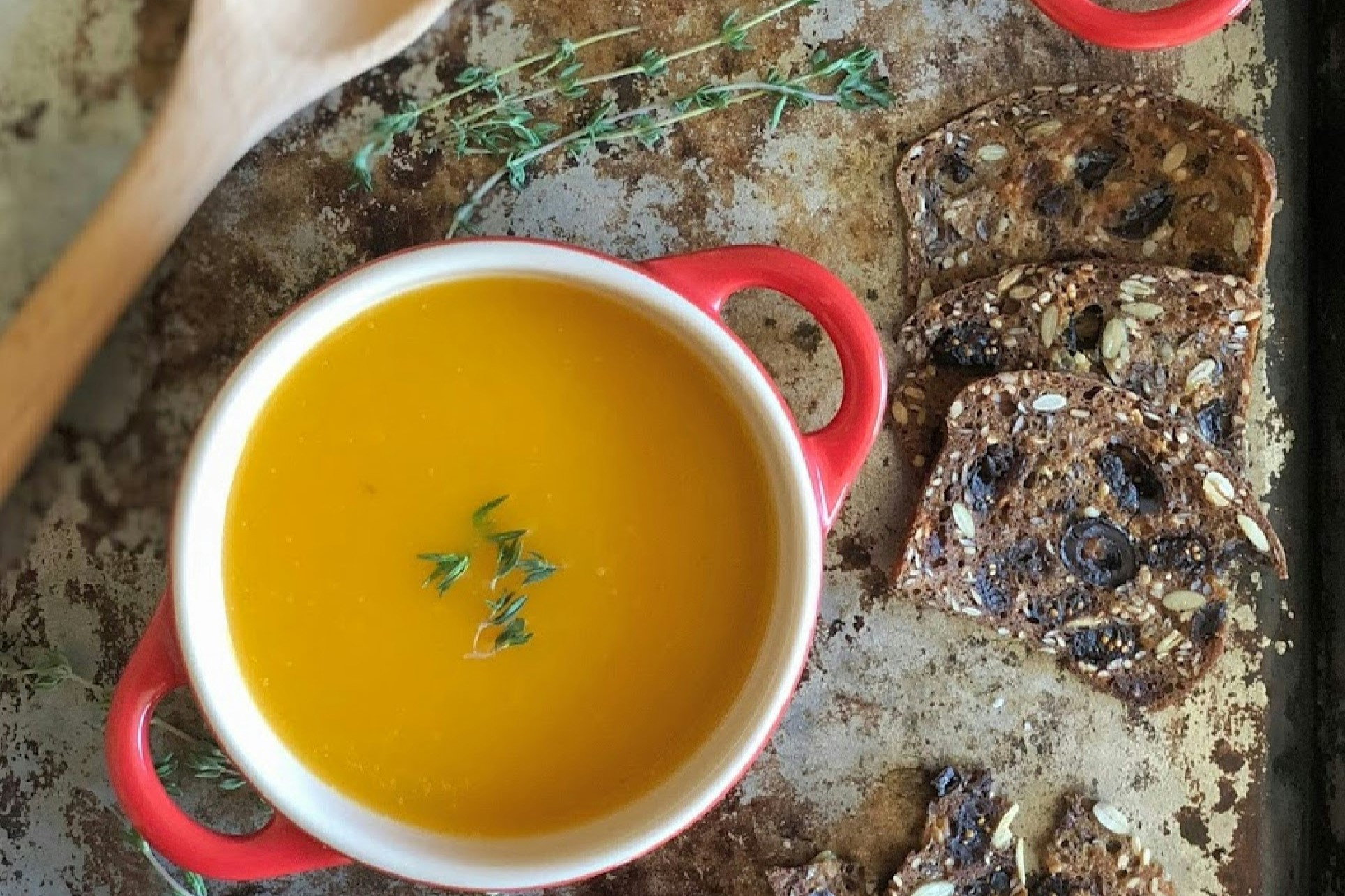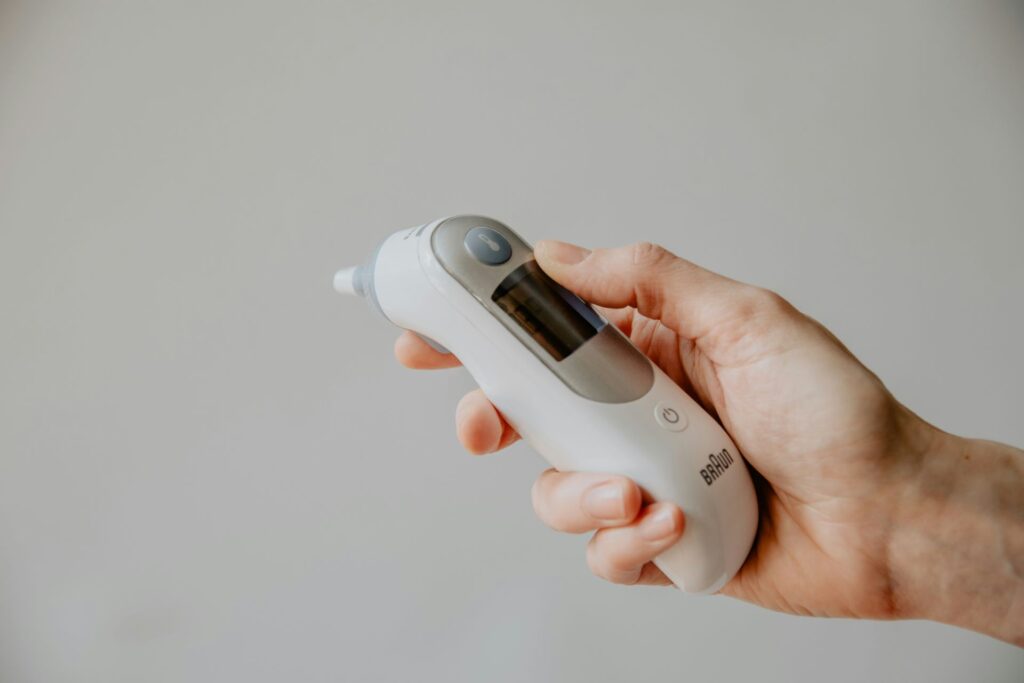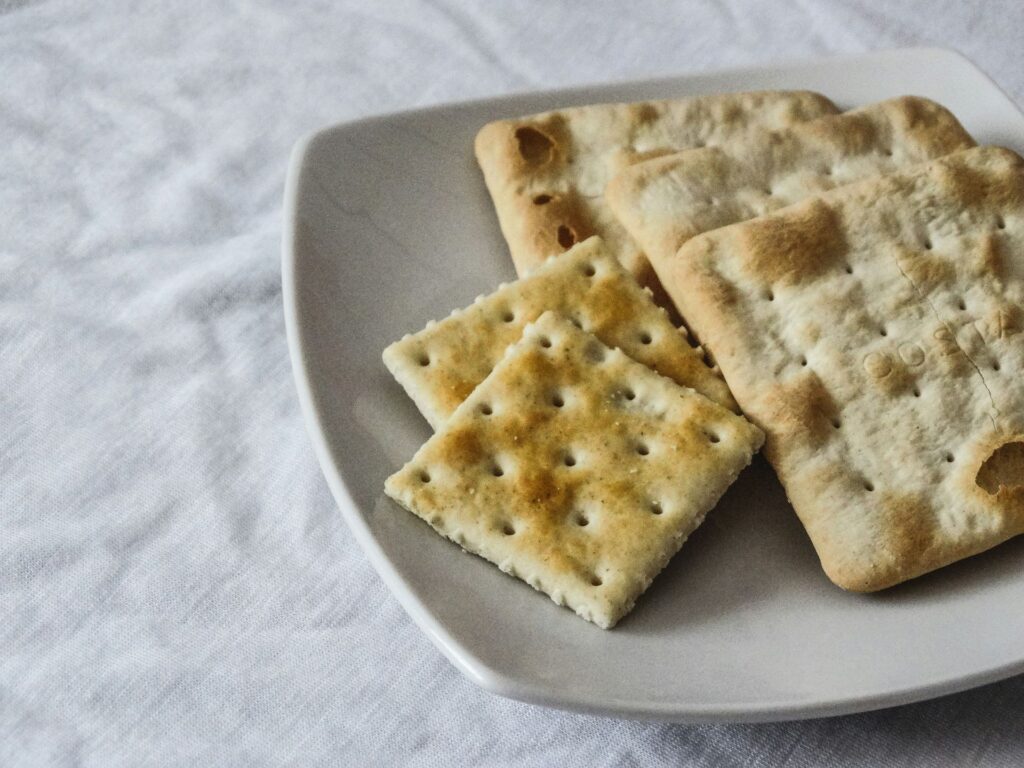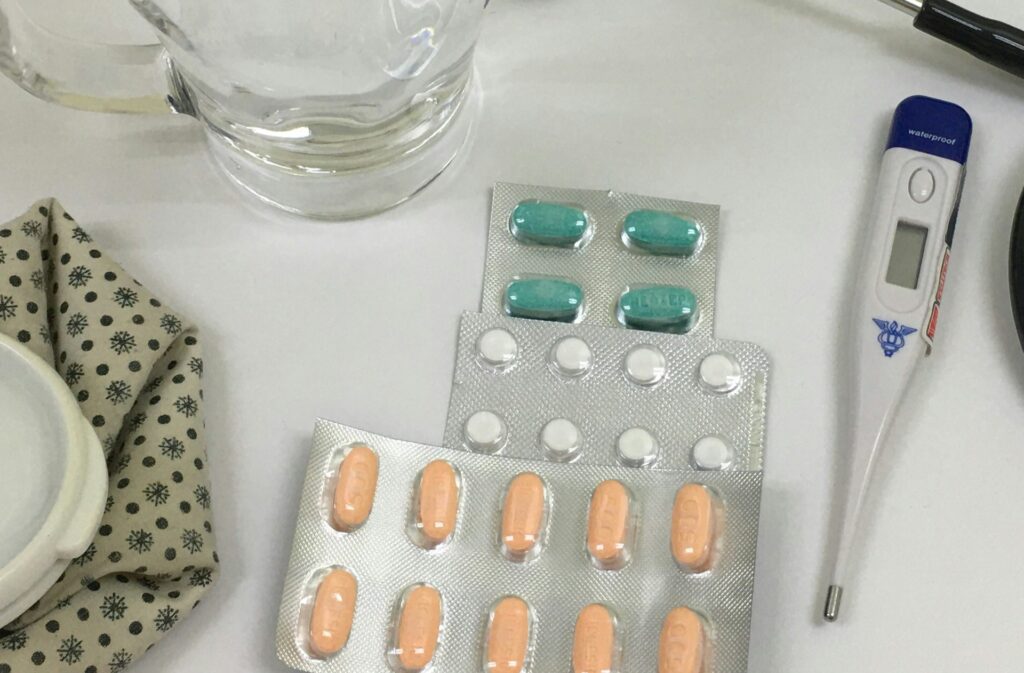
Body + Mind is reader-supported. We may earn an affiliate commission when you buy through some of the links on our site.
Viral gastroenteritis, better known as the stomach bug, is an infection that occurs in your small and large intestines that causes inflammation. As a common infection, the stomach bug spreads by consuming contaminated water or food and coming in contact with an infected individual.
Sadly, there is no treatment for the stomach bug, just ways to control symptoms for an easy recovery. A prominent way to help conquer this infection is to know what to eat when you have a stomach bug.

Since this infection attacks your intestines, symptoms usually involve stomach pain and the inability to consume food comfortably. However, symptoms vary from person to person and can appear one to three days after coming in contact with the infection.
Symptoms have the potential to last anywhere from two to 14 days. Signs and symptoms of the stomach bug include:
It is easy to confuse stomach bug symptoms with bacterial infections since both share common signs and symptoms. If symptoms persist or get worse, contact your doctor to schedule an appointment.

Consuming food while sick is everyone’s worst nightmare, but it is necessary to recover. To fight off an infection, consuming food is vital to keep your energy levels up. By pushing yourself to eat certain foods, your immune system will gain the necessary vitamins, minerals, amino acids and essential fatty acids to push the infection out of your system.
When the stomach bug is present, there is a process that will help you eat and keep down the food you consume. This process includes:
It is essential to hydrate yourself while slowly easing into consuming food. Your intestines cannot fight off an infection and harsh foods without hydration. The best liquids to incorporate into your diet while fighting the stomach bug are fluids with high electrolytes, such as Pedialyte or Gatorade to keep your symptoms from worsening. Ensuring you can keep down liquids will put less strain on your digestive system.
Understanding what to eat when you have a stomach bug is the best way to fight off the infection. Foods that are bland and easy to digest provide your body with the nutrients necessary to fight off the stomach bug while slowly building up your energy.
These crackers are a great way to help you fight nausea and stomach pain. The salt is instrumental in helping you replace lost sodium due to vomiting and diarrhea.
Like salty crackers, the salt in soup will help improve your sodium levels. Broth-based soups are easy to digest while having all the necessary nutrients. A plus is that it is easy to integrate solid foods into your soup, like chicken, to see if your body can handle it.
These bland foods are easy to digest but include tons of carbohydrates, helping boost your energy levels to fight the stomach bug.
Eggs are easier on the stomach than red meat and chicken. Consuming eggs while down with the stomach bug will help provide those crucial nutrients your body lacks to fight the infection.
The foods above are a great way to heal your body. However, it is important to slowly integrate them back into your diet to avoid an upset stomach. Once your body can withstand one food group, you can experiment with other foods.
Diarrhea is a well-known symptom of the stomach bug, and because of this, there are certain foods you will want to steer clear of. Some foods to stay away from since they have a history of increasing diarrhea and stomach pain include:
It is important to note that everyone’s food tolerance is different, especially when battling the stomach bug. If a particular food bothers you on a good day, avoiding it when you are sick is best.

Much rest is necessary to speed the healing process like any other illness. With this highly contagious infection, staying home until all symptoms are gone and you can withstand solid foods is vital.
Eating a bland diet is a great way to care for yourself when the stomach bug hits. However, some home remedies for an upset stomach can be beneficial. With any remedy, it is essential to remember that certain things work differently for others. Always do your research before experimenting with homemade remedies for the stomach bug.
Knowing what food to eat when you have a stomach bug does not always clear up the infection. It is essential to seek medical advice from your doctor if the following is occurring:
The signs above are for adults who are experiencing stomach bug symptoms. There is a different time frame for children and infants with a stomach bug experiencing vomiting and diarrhea.
Understanding what to eat when you have a stomach bug is the first step to giving your body the necessary tools to heal itself. Avoiding a restricted diet can lead to further complications and unnecessary doctor’s visits if you are not allowing yourself to heal. Of course, food doesn’t always solve your stomach bug problems, but it will help make the decision easier if a medical professional is necessary.
Everyone handles food differently, but you will be better in no time by easing yourself back into your diet with a bland and nutritious diet.